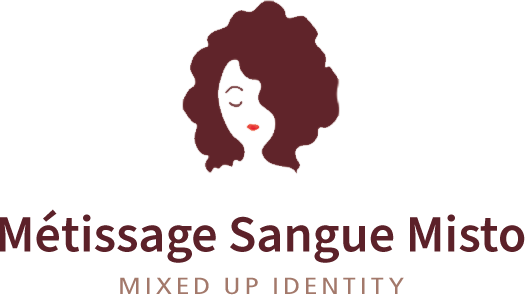See on Scoop.it – THE ONE DROP RULE – LA REGOLA DELLA GOCCIA UNICA
The concept of "value neutrality" is regularly challenged. Thought that purports to be neutral in terms of values can be deconstructed to expose its ethnic and regional bias. The free market mechanism and scientific objectivity seem like value neutral concepts, yet their ethnic origin is largely western European and therefore, laden with the specific historical experience of western peoples at the time of the early Enlightenment. The basic purpose of multicultural ethics is to create sensitivity to the historical nature of moral judgment and scientific objectivity.
Integration
Multiculturalism begins by rejecting the older, liberal concept of integration. Integration assumes a dominant culture of which the smaller, weaker culture should become a part. Integration implies that the distinctiveness of peoples should be eliminated in the interest of national or regional unity. Rather than eliminate distinctiveness, multicultural ethics holds that these points of distinction should be preserved and celebrated. In marketing, for example, products should be presented not to a hypothetical, monocultural market, but a society containing many distinct communities.
Markets
The ethics of multiculturalism dispenses with the existence of a large, unified, a-cultural market and instead, posits a group of smaller, homogenous communities. From a political point of view, ethnic federalism should be the norm, where each group maintains its own structures of value, but still contributes to the broader good. There is no overt sense of equality or inequality, but merely the ascription of difference. In an economic sense, the existence of distinct ethnic communities might become a new division of labor that preserves difference rather than homogenizing it as a single market or labor pool.
Interaction
Interaction is different from integration. Ethnic and religious communities can and will interact with each other, especially on an economic basis. Multicultural ethics seeks an economic system that will be sensitive to these differences. Products and services demanded in one community will be seen as irrelevant or unimportant in another. Orthodox Russians, for example, should have the ability to take January 7 off for Christmas rather than the western December 25. According to multiculturalism, it would be wrong to force a Russian to work on the 7th simply because he might be the only employee who observes Christmas on that date. Understanding these cultural differences would make interaction much more pleasant and avoid unnecessary friction.
Relativism
Multicultural ethics can be ethically relativist, but does not have to be. One approach is to take basic human virtues like hard work, honesty and courage, and seek how these are specifically instantiated in different cultural contexts. This basis in virtues would make sensitivity to cultural differences easier, since the differences are really in the specifics, while the general virtue remains the same. The other is to say that even these virtues are not universal and therefore, all virtues are the result of historical conditioning and nothing more. Under this more radical approach, it would seem that cultures would be hard pressed to interact in any meaningful way. Cultural specificity and self-sufficiency would be demanded by this view.
(Walter Johnson)




